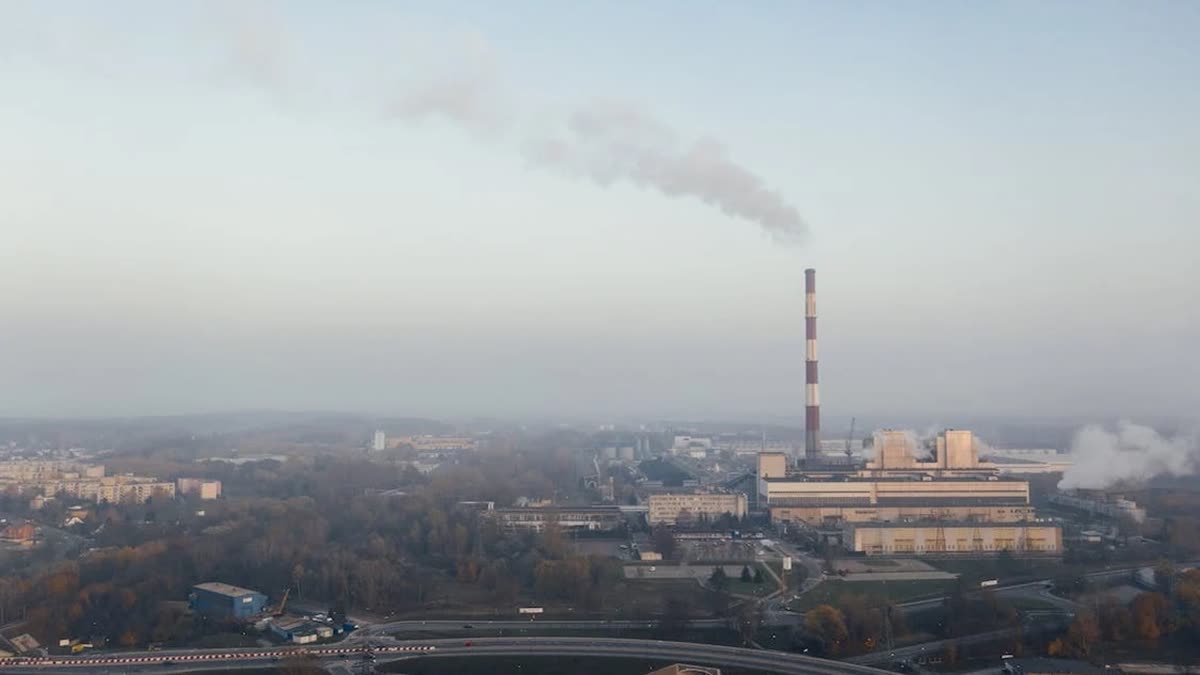Hyderabad: The extraction and combustion of subterranean fossil fuels have unleashed a persistent assault on our planet's fragile ecological systems. The relentless consumption of coal, petroleum, natural gas, and other fossil resources has triggered a perilous surge in the Earth's temperature. The insidious presence of carbon dioxide and nitrous oxide, once released into the atmosphere, lingers for centuries, metamorphosing into cataclysmic agents.
Our seasons are in the throes of a profound transformation, hostage to the escalating global temperatures. The rising tide of sea levels has birthed catastrophic storms and floods, while unpredictable bouts of torrential rain and prolonged droughts have disrupted and devastated lives. A staggering 12,000 natural disasters have relentlessly ravaged our world over the last half-century, exacting a grim toll of approximately 25 lakh lives and causing property damage nearing Rs. 35 lakh crores.
Agricultural yields in numerous nations have withered in the relentless heat of global warming, further imperiling our food security. Faced with this imminent catastrophe, a clarion call was sounded by the CEOs of over a hundred multi-national corporations. They issued an impassioned open letter beseeching governments to place renewable energy sources at the zenith of their priorities.
This plea echoes the resounding chorus of 40 lakh students from across the globe, who, four years ago, took to the streets, demanding accountability for their generation's future. Inspired by the indomitable Greta Thunberg and her impassioned supporters at COP 25 in Madrid, Sweden, these advocates heralded the impending collapse of ecosystems worldwide.
The group of CEOs has convened to underline the dire necessity for immediate policy interventions to curb carbon emissions. Their clarion call resonates with the resolute commitment of that seminal movement, as they recommend a more than tripling of international investments in the renewable energy sector.
The question now remains: will governments act swiftly enough to fulfill the imperative goal of halving carbon emissions by 2030, thus restraining global warming to within the 1.5 degrees Celsius threshold? Two years ago, at the COP 26 summit in Glasgow, India made a resolute commitment to combat the looming specter of global warming.
In an extraordinary declaration, India pledged to achieve 'net zero,' a state of carbon neutrality, by the year 2070. This promise is underpinned by a strategic vision to prioritize eco-friendly initiatives across various critical sectors, encompassing energy, transportation, urban planning, and industrial development.
The Indian government recognized the need for unity in purpose and diversity in approach, urging states to collaborate and adapt these central objectives to their unique circumstances. In a display of international cooperation, India took the initiative to establish the International Solar Alliance, a testament to its unwavering dedication to reducing reliance on fossil fuels.
This alliance is harnessed to leverage the boundless potential of solar energy, from individual household consumption to vast developmental endeavors. India's initiative towards sustainable solar energy development not only benefits the nation but extends a hand to the global community in the quest for a greener future.
Yet, the journey towards mitigating climate change is a shared endeavor, and while India leads on one front, other nations face their own challenges. The United States, for example, despite joining the International Solar Alliance, struggles to fulfill its ambitious commitments to reduce carbon emissions. A similar plight is shared by many nations.
Nevertheless, nearly 100 countries have united under the banner of ending deforestation by 2030 and reducing methane emissions by 30% within the same timeframe, affirming their collective resolve to safeguard the environment. Through various conferences, from Berlin in 1995 to Sharm el-Sheikh in Egypt last year, the global community has repeatedly convened to address environmental concerns.
The World Meteorological Organization has issued stern condemnations of the persistent environmental degradation on our planet and called for swift action. Despite the alarming increase in greenhouse gas emissions, environmentalists worldwide have grown increasingly frustrated by the inability of nations to make binding commitments to curtail fossil fuel usage at COP 27.
As the world braces for COP 28, set to convene soon in Dubai, the stakes have never been higher. Experts are unanimous in their recommendation of alternative fuels like biodiesel, ethanol, propane, and hydrogen. The prospect of electrifying the Indian Railways, potentially reducing carbon emissions by more than 34 lakh tons annually, underscores the paramount role of renewable energy sources in environmental preservation.
The message is clear: regardless of which nation bears responsibility for global warming, the entire world will bear the collective consequences of rising global temperatures. The urgency of this global challenge necessitates unwavering, synchronized action by all nations, as failure to act in concert threatens not just our shared environment, but the very future of humanity itself.



